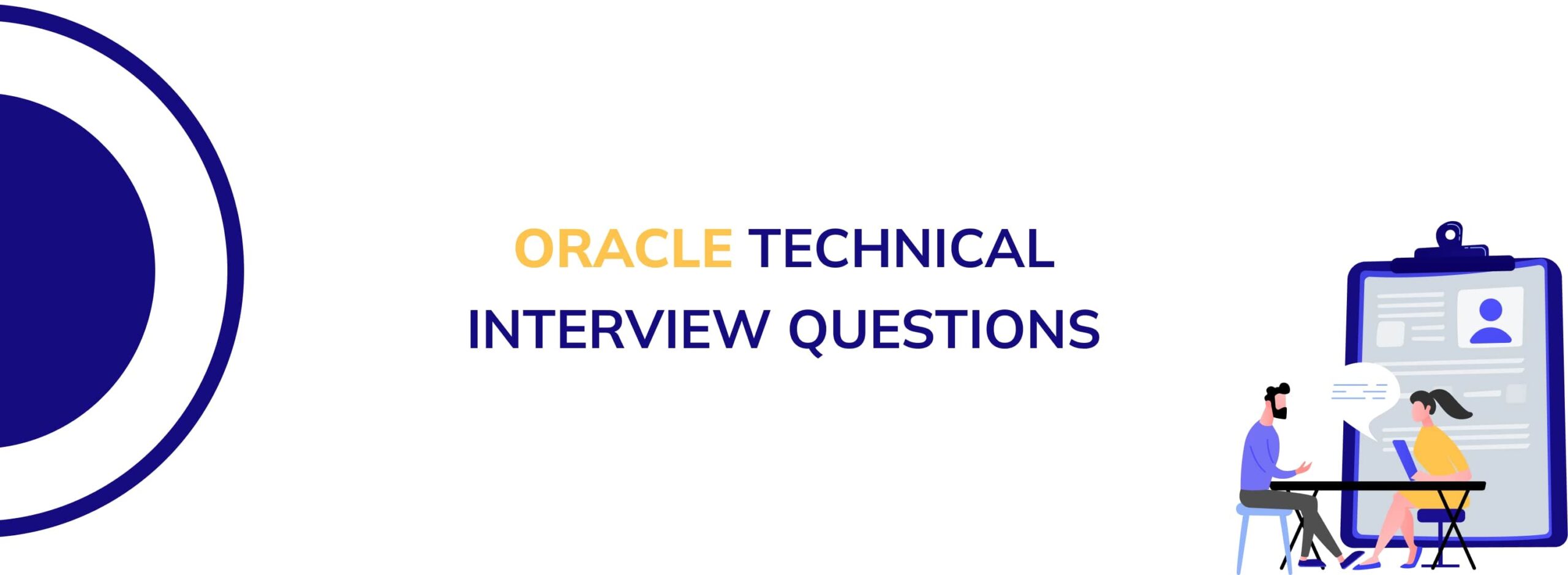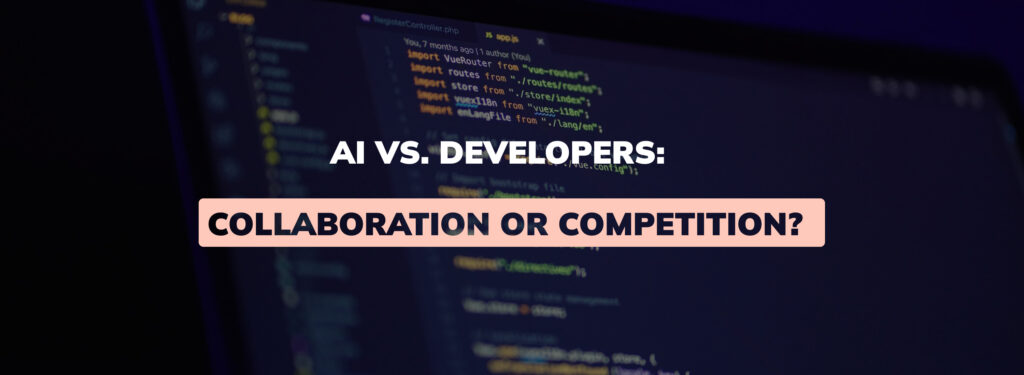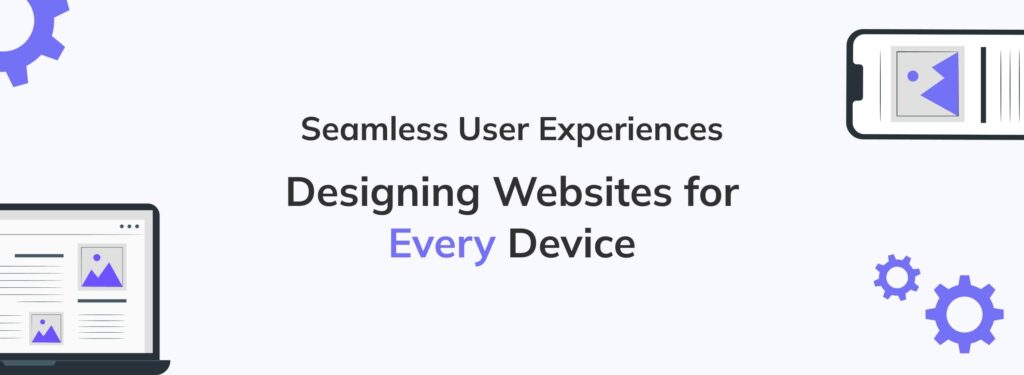As one of the leading database management systems, Oracle is a popular choice for many organizations. As a result, job opportunities for Oracle Database Administrators (DBAs) and Structured Query Language (SQL) developers are plentiful. However, landing an Oracle Database Development job requires a technical interview process that can be challenging without proper preparation.
In this article, we will provide essential Oracle interview questions for both Oracle DBAs and SQL developers, along with tips to help you prepare for your next interview. By the end of this article, you will better understand what to expect in an Oracle technical interview and be better equipped to impress your potential employer. So, let’s dive-in and explore the world of Oracle technical interviews!
Oracle Interview Questions
Oracle is one of the most popular relational database management systems used by organizations worldwide. It offers a wide range of features and capabilities, making it a powerful tool for managing and storing data. If you are preparing for an Oracle interview, knowing the most commonly asked questions and their answers is important. Here are some interview questions for Oracle candidates:
- What is an Oracle database?
Oracle Database is a relational database management system developed by Oracle Corporation. It provides a robust and scalable platform for managing and storing data. It supports various operating systems and programming languages, making it a popular choice for enterprise-level applications.
- What are the components of the Oracle database?
Oracle database has several components, including:
- Instance: An instance is a set of memory structures and background processes that manage a single Oracle database.
- Database: A database is a data collection managed by an Oracle instance.
- Tablespaces: A tablespace is a logical storage container that contains one or more data files.
- Redo log files: Redo log files contain a record of all changes made to the database.
- What is the difference between a hot backup and a cold backup?
A hot backup is a backup taken while the database is still running. It requires using backup modes, which enable the backup to occur without interrupting normal database operations. A cold backup is a backup taken while the database is shut down. It requires the database to be offline during the backup process.
- What is a database index, and how does it work?
A database index is a data structure that improves the speed of data retrieval operations. It works by creating a copy of a subset of data from a table and organizing it to make it easier and faster to search. An index can be created on one or more table columns, significantly improving query performance.
- What is Oracle Real Application Clusters (RAC), and how does it work?
Oracle RAC is a feature that enables multiple instances to access a single Oracle database. This allows for higher availability, scalability, and performance. In RAC, multiple nodes are connected to a shared storage system and can access the same database simultaneously. Each node runs its own Oracle instance, and the instances communicate with each other to manage database operations.
Basic Oracle DBA Interview Questions
An Oracle Database Administrator (DBA) manages, maintains, and secures an Oracle database. This includes installing and configuring Oracle software, designing and implementing database structures, and monitoring database performance and security. If you are preparing for an Oracle DBA interview, knowing the most commonly asked questions and their answers is important. Here are some interview questions for Oracle DBA candidates:
- What are the responsibilities of an Oracle DBA?
An Oracle DBA manages, maintains, and secures an Oracle database. This includes tasks such as:
- Installing and configuring Oracle software
- Designing and implementing database structures
- Monitoring and optimizing database performance
- Ensuring database security and data integrity
- Performing backups and recovery operations
- Managing users, roles, and privileges
- Troubleshooting and resolving database issues
- What are the different types of Oracle backups?
Oracle supports several types of backups, including:
- Full backups: A complete backup of the entire database.
- Incremental backups: Backups of only the changed data since the last backup.
- Differential backups: Backups of only the changed data since the last full backup.
- Image copies: A copy of the entire database taken while the database is offline.
- What is Oracle RAC, and how does it work?
Oracle Real Application Clusters (RAC) is a feature that enables multiple instances to access a single Oracle database. This allows for higher availability, scalability, and performance. In RAC, multiple nodes are connected to a shared storage system and can access the same database simultaneously. Each node runs its own Oracle instance, and the instances communicate with each other to manage database operations.
- What is Oracle Data Guard, and how is it used?
Oracle Data Guard is a disaster recovery solution that provides high availability and data protection for Oracle databases. It creates a standby database, a replica of the primary database. Data Guard can automatically failover to the standby database in case of a primary database failure, ensuring minimal downtime and data loss.
- What is the Oracle Enterprise Manager, and how is it used?
Oracle Enterprise Manager (EM) is a web-based tool for managing Oracle databases and applications. It provides a centralized view of the entire IT environment, including database performance, availability, and security. EM can monitor and manage multiple Oracle databases, automate routine tasks, and troubleshoot issues.
Oracle DB Interview Questions
Oracle DB (Database) is a powerful relational database management system widely used in enterprise-level applications. Database administrators, developers, and analysts must have a solid understanding of Oracle DB, including its architecture, features, and best practices. In preparation for an Oracle DB interview, being familiar with the most commonly asked questions and their answers is essential.
Here are some common Oracle DB interview questions and their answers:
- What is Oracle DB, and what are its key features?
Oracle DB is a relational database management system developed by Oracle Corporation. It is designed to store, organize, and retrieve large amounts of data efficiently. Some of its key features include:
- Scalability and performance
- High availability and disaster recovery
- Security and data integrity
- Multi-user support
- SQL and PL/SQL support
- Application development tools
- What is the architecture of Oracle DB, and how does it work?
Oracle DB has a three-tier architecture consisting of the client, server, and data tiers. The client tier communicates with the user and sends requests to the server tier. The server tier is responsible for processing the requests, managing data access, and enforcing security and data integrity rules. The data tier is where the actual data is stored, managed, and accessed.
- What is a tablespace in Oracle DB, and how does it work?
A tablespace is a logical storage unit in Oracle DB that organizes and manages data. It is a collection of one or more physical files stored on a disk. Tables, indexes, and other database objects are stored in tablespaces. By separating data into different tablespaces, administrators can optimize storage and performance.
- What is a schema in Oracle DB, and how does it relate to a user?
A schema is a logical container for database objects such as tables, views, and indexes. It is owned by a user and represents their logical view of the database. A user can have multiple schemas, and a schema can have multiple users with different privileges and access rights.
- What is RMAN (Recovery Manager), and how is it used in Oracle DB?
RMAN is Oracle’s backup and recovery tool to protect data during a disaster or loss. It provides a centralized way to manage backups, restore data, and perform recovery operations. RMAN can create full or incremental backups, validate backups, and perform point-in-time recovery.
SQL Oracle Interview Questions
SQL (Structured Query Language) is a standard programming language for managing relational databases. It is a fundamental tool for any database administrator or developer working with large amounts of data. When preparing for an Oracle SQL interview, being well-versed in the language and understanding how it is applied in a real-world context is essential.
Here are some common SQL Oracle interview questions and their answers:
- What is SQL, and how do you use it?
SQL is a programming language used to manage relational databases. It is used to manipulate and retrieve data stored in the database, such as creating, modifying, and deleting tables and querying data. It is also used to manage data integrity and security in the database.
- What are the different types of SQL statements?
There are several types of SQL statements, including:
- DDL (Data Definition Language) statements: used to create, modify, and delete database objects such as tables, indexes, and views.
- DML (Data Manipulation Language) statements: used to insert, update, and delete data in the database.
- DCL (Data Control Language) statements: used to control the security and access to the database, such as granting or revoking user privileges.
- TCL (Transaction Control Language) statements: used to manage transactions in the database, such as committing or rolling back changes.
- What is a join in SQL, and how do you use it?
A join is used to combine data from two or more tables into a single result set. The most common type of join is an inner join, which returns only the rows that match between the tables being joined. There are also other types of joins, such as outer joins, which return all the rows from one table and the matching rows from the other.
- What is a subquery in SQL, and how do you use it?
A subquery is a query within a query. It retrieves data from the main query to filter or modify the result set. For example, you could use a subquery to find all the customers who have purchased in the last month and then use that result set to filter a larger query that retrieves customer information.
- What is a view in SQL, and how do you use it?
A view is a virtual table based on the result of a SELECT statement. It is used to simplify complex queries by presenting data in a more manageable format. Views can also restrict access to sensitive data by allowing users to see only the needed data.
Conclusion
Preparing for an Oracle technical interview is crucial if you want to stand out from other candidates and secure the job. As a job seeker, you need to demonstrate your expertise in Oracle DBA and SQL Oracle development, and one way to achieve that is by thoroughly preparing for technical interviews. We hope these oracle interview questions shared in this post will help you better prepare for your interviews.







